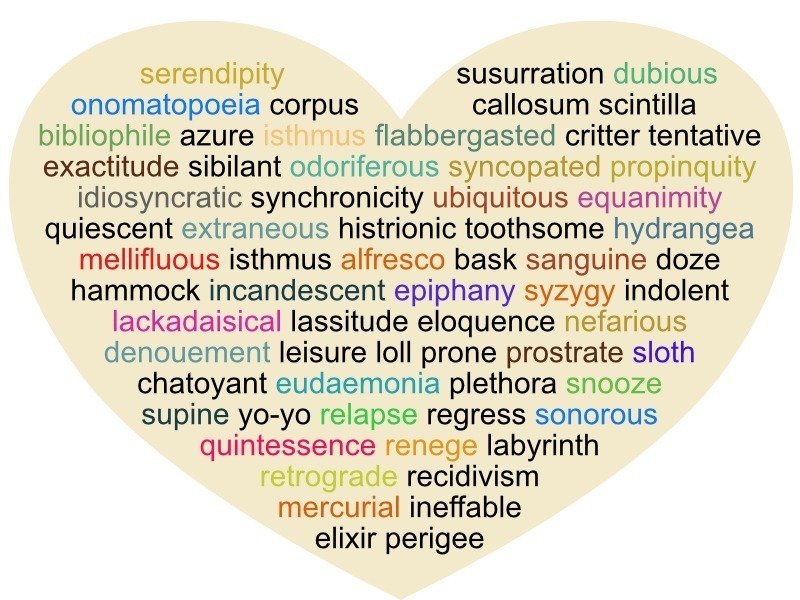

Paul Spalding-Mulcock, Features Writer
Word Of The Week : Susurration

Merely to say the word ‘susurration’ is to produce what phonological experts call a serration, or murmured sound. As with normal, or modal voicing, our vocal folds vibrate, however when producing a susurration, far more air is allowed to escape, resulting in a breathy voice.
So given its phonetical underpinnings, it comes as no surprise to learn that this wonderfully onomatopoeic noun is derived from the Latin susurration, meaning to whisper. In modern usage, we use the word to name a gentle sound characterised by a soft murmuring, persistent whispering, rustling, or even a barely audible buzzing.
Alfred, Lord Tennyson closed his poem, The Princess, (1847) with a marvellous use of onomatopoeic language in homage to Virgil’s First Eclogue, and gave us a beautifully modulated couplet describing the susurrations made by both doves and bees :
The moan of doves in immemorial elms,
And the murmuring of innumerable bees.

Image by Photorama from Pixabay
Writers of all genres have been tempted by the soft allure of the word’s onomatopoeic potency, with even Science Fiction falling for its poetic charms. Frank Herbert’s 1965 science fiction novel Dune,is a fine example, giving us the intensely vicarious line, “Halleck nodded, heard the faint susurration and felt the air shift as a lockport swung open beside him”.